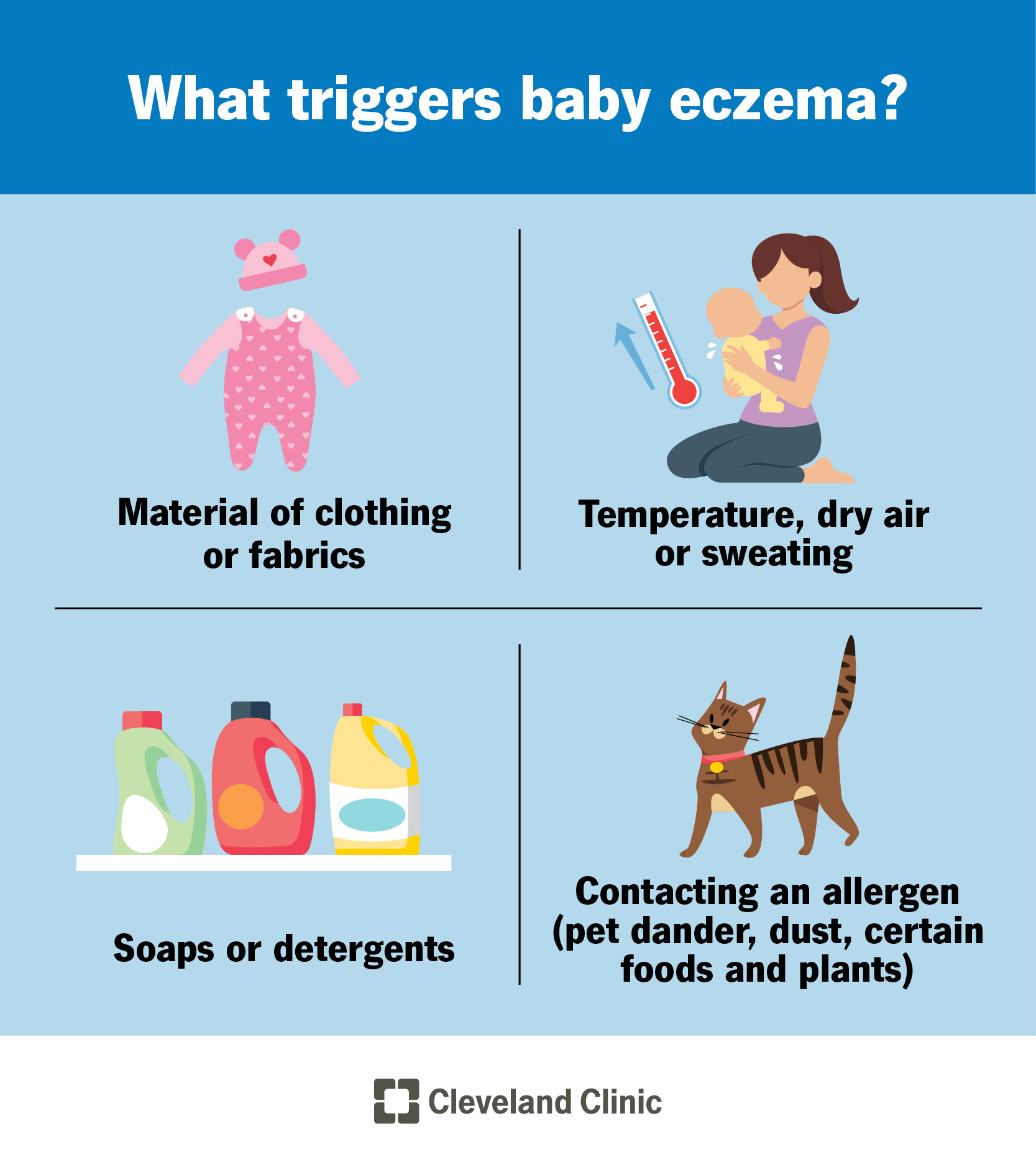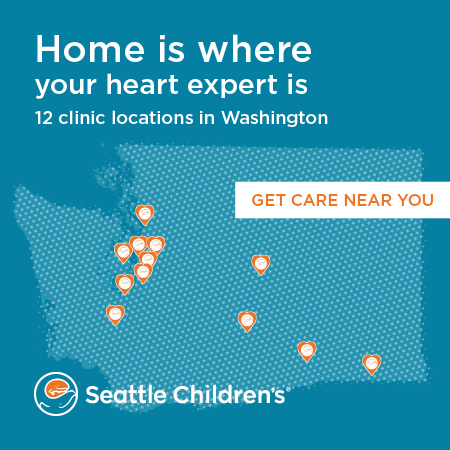So how do you tell the difference?
What Is Baby Eczema?
Baby eczema is a chronic skin condition that causes inflammation, dryness, and itchiness. It’s not contagious, but it can be uncomfortable and persistent. Eczema typically appears in babies between 2 and 6 months of age and often shows up on the cheeks, forehead, scalp, arms, and legs.
How to Recognize Baby Eczema Symptoms
Early signs of baby eczema often include:
- Dry, flaky skin
- Peeling skin, especially on the cheeks or arms
- Red or pink patches that look irritated or inflamed
- Persistent itchiness — babies may scratch or rub against things to find relief
- Rashes that come and go, sometimes getting worse in certain weather or after contact with triggers like fragrances or detergents
- Oozing or crusting in more severe cases
These symptoms can vary from baby to baby. For some, it’s mild redness and dryness. For others, flare-ups can cause noticeable discomfort, poor sleep, or even skin infections if left untreated.
Is It Eczema or Just Dry Skin?
It’s easy to mistake baby eczema for regular dry skin — especially in winter. But here’s how to tell them apart:
| Feature | Dry Skin | Eczema |
|---|---|---|
| Appearance | Light flaking or dull skin | Red, inflamed patches; more widespread dryness |
| Itchiness | Mild or occasional | Frequent and intense itching |
| Location | Can be anywhere, usually mild | Often on cheeks, scalp, joints, arms, and legs |
| Duration | Temporary, improves with moisturizers | Chronic, with flare-ups and triggers |
If your baby’s skin is persistently irritated despite basic moisturizing — or they’re visibly uncomfortable — it’s worth speaking to your pediatrician.
What Causes Baby Eczema?
Baby eczema is often linked to genetics and environmental factors. It can be triggered or worsened by:
- Harsh soaps or detergents
- Fragranced skin products
- Dry or cold weather
- Heat and sweating
- Food allergies (in some cases)
If one or both parents have allergies, asthma, or eczema, there’s a higher chance the baby may develop it too.
What to Do if You Think Your Baby Has Eczema
If you notice signs of eczema, here’s what you can do:
- Use a gentle, fragrance-free moisturizer 2–3 times a day.
- Switch to mild, unscented baby soaps and laundry detergents.
- Avoid long or hot baths, which can dry out the skin.
- Dress your baby in breathable, soft fabrics like cotton.
- Watch for scratching — keep your baby’s nails short or use mittens if needed.
- See a pediatrician if symptoms persist, worsen, or cause distress.
In some cases, doctors may recommend medicated creams or refer you to a dermatologist.
Treatment Options for Baby Eczema
While there’s no cure, baby eczema is manageable. Common treatments include:
- Emollients and moisturizers to restore the skin barrier
- Low-dose steroid creams (when prescribed) to reduce inflammation
- Oatmeal baths to soothe itching
- Lifestyle changes, like avoiding known triggers or allergens
Always consult a pediatrician before starting any new treatment, especially with babies under 6 months.
When to Get Medical Help
Seek medical attention if:
- The rash spreads rapidly
- Your baby has trouble sleeping due to itching
- There’s yellow crusting, oozing, or signs of infection
- Over-the-counter remedies don’t help after a few days
Final Thoughts
Dry skin is common in babies — but if you’re seeing peeling, red patches, or constant scratching, don’t ignore it. Baby eczema is treatable, and early care can prevent it from getting worse. With the right routine and support from your pediatrician, most babies find relief and grow out of it with time.
More Reading




https://resources.healthgrades.com/right-care/eczema/children-and-eczema?utm_source=chatgpt.com









